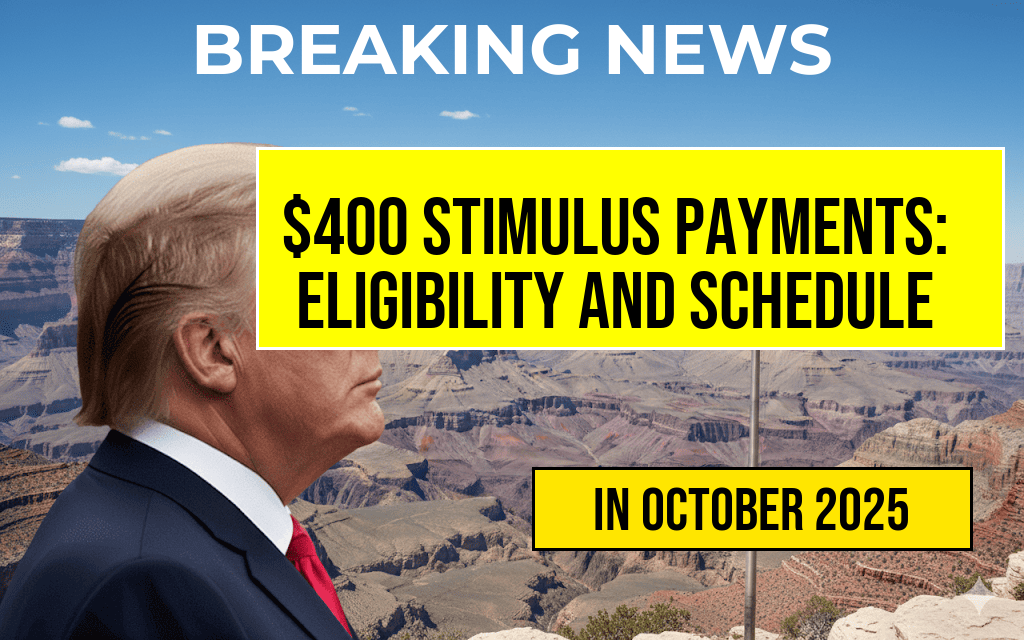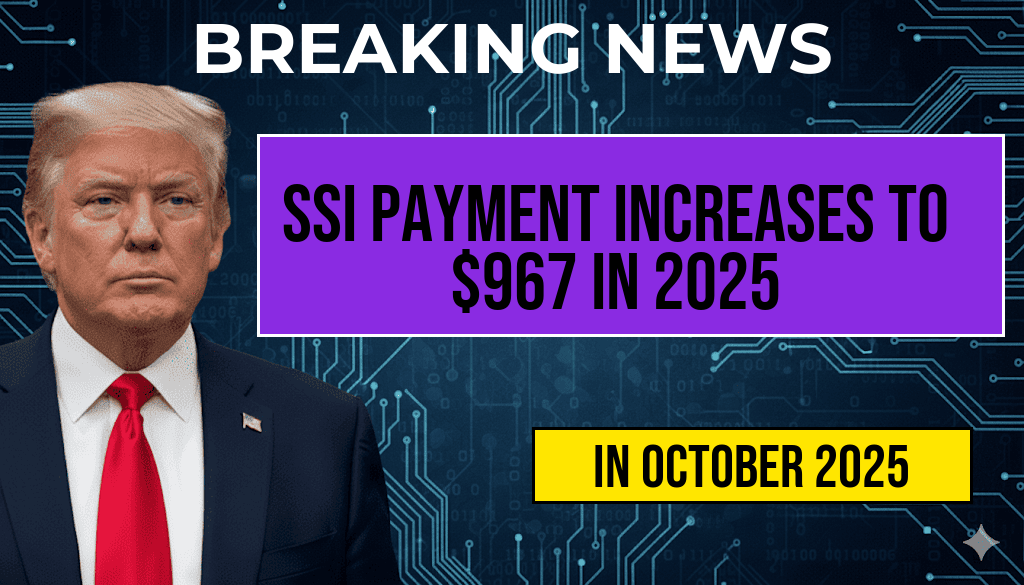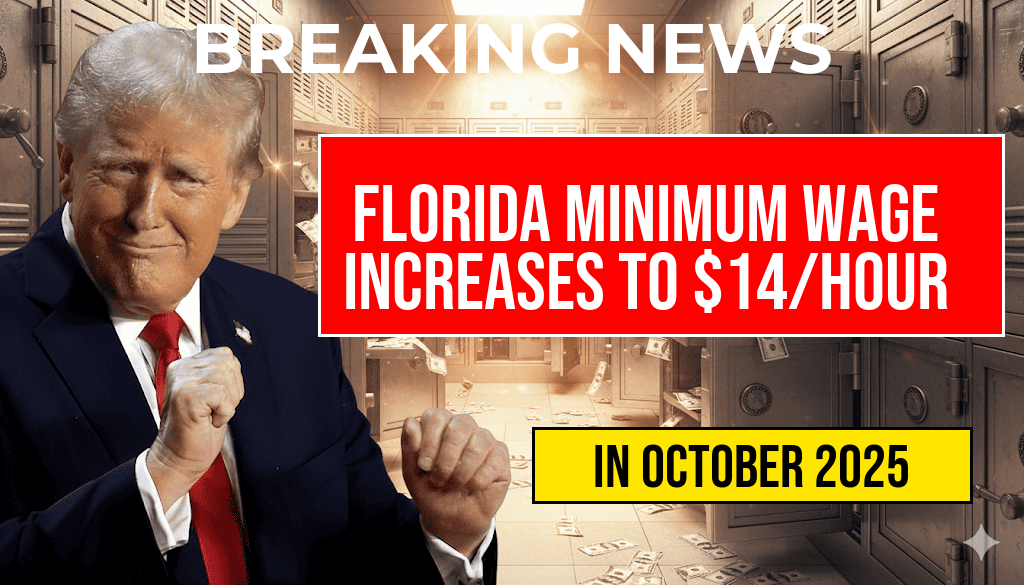The recent overhaul of tax regulations is poised to significantly benefit the wealthiest Americans, providing an estimated $5,000 boost in net income for high earners. This change comes as part of a broader fiscal strategy aimed at stimulating economic growth and attracting investment in various sectors. Analysts suggest that these tax adjustments, effective from the beginning of the next fiscal year, will primarily favor individuals with substantial incomes, potentially widening the economic divide. As lawmakers continue to debate the long-term implications of these changes, the focus is increasingly on how they will impact federal revenue and social equity.
Details of the Tax Changes
The new tax framework introduces several modifications that directly influence the income of high earners. Key features of the legislation include:
- Reduction in Capital Gains Tax: The capital gains tax rate for top earners has been lowered from 20% to 15%, providing significant savings on investment income.
- Increased Income Tax Bracket Thresholds: The income tax brackets have been adjusted, allowing the wealthiest individuals to retain more of their earnings.
- Expanded Deductions for Business Expenses: Business owners and entrepreneurs will benefit from expanded deductions, thereby increasing their net income further.
Implications for Economic Growth
Supporters of the tax changes argue that these measures will stimulate economic growth by encouraging investment and spending among high earners. By allowing wealthier individuals to retain more of their income, proponents believe that there will be a trickle-down effect, ultimately benefiting the entire economy. Job creation and increased consumer spending are among the anticipated outcomes.
Criticism and Concerns
Despite the potential benefits, critics warn that the tax changes may exacerbate income inequality. Research indicates that such policies primarily favor those already at the top of the income scale, raising concerns about the fairness of the tax system. Economists predict that the increased disposable income for the wealthy may not translate into proportional benefits for lower-income households.
Historical Context
This latest tax revision follows a series of similar reforms over the past decades, where tax policies have oscillated between favoring the wealthy and implementing progressive measures aimed at wealth redistribution. Historical trends indicate that periods of tax relief for high-income earners often coincide with growing economic disparities.
| Year | Top Income Tax Rate | Capital Gains Tax Rate |
|---|---|---|
| 2010 | 35% | 15% |
| 2015 | 39.6% | 20% |
| 2023 | 37% | 15% |
Future Outlook
As the tax changes roll out, the impact on federal revenues will be closely monitored. Analysts predict that while the immediate effect may result in increased disposable income for the wealthy, the long-term consequences on public services and social programs could be significant. The debate is expected to intensify as stakeholders assess the balance between economic growth and social responsibility.
Conclusion
The decision to implement tax changes that benefit the wealthiest Americans has sparked a nationwide conversation about economic equity and the role of government in wealth distribution. As various sectors adapt to the new fiscal landscape, the long-term effects of these policies will become clearer, shaping the future of American economic policy.
For more information on tax policies and their implications, visit Wikipedia or Forbes.
Frequently Asked Questions
What are the new tax changes impacting the wealthiest Americans?
The new tax changes primarily involve adjustments to tax brackets and deductions, which are expected to provide a $5,000 boost in net income for the wealthiest Americans.
How will these tax changes affect middle-class Americans?
While the focus is on the wealthiest Americans, the new tax changes may not significantly impact the middle-class, as they are designed to primarily benefit higher income brackets.
When will the new tax changes take effect?
The new tax changes are set to take effect in the upcoming fiscal year, although specific dates may vary based on legislative processes.
What are the potential long-term effects of these tax changes?
The long-term effects of these tax changes could lead to increased income inequality, as the wealthiest Americans benefit more, potentially impacting economic equity in the future.
Are there any concerns regarding these tax changes?
Yes, there are concerns that these tax changes may exacerbate the wealth gap and lead to public outcry over perceived favoritism towards the wealthiest Americans.












